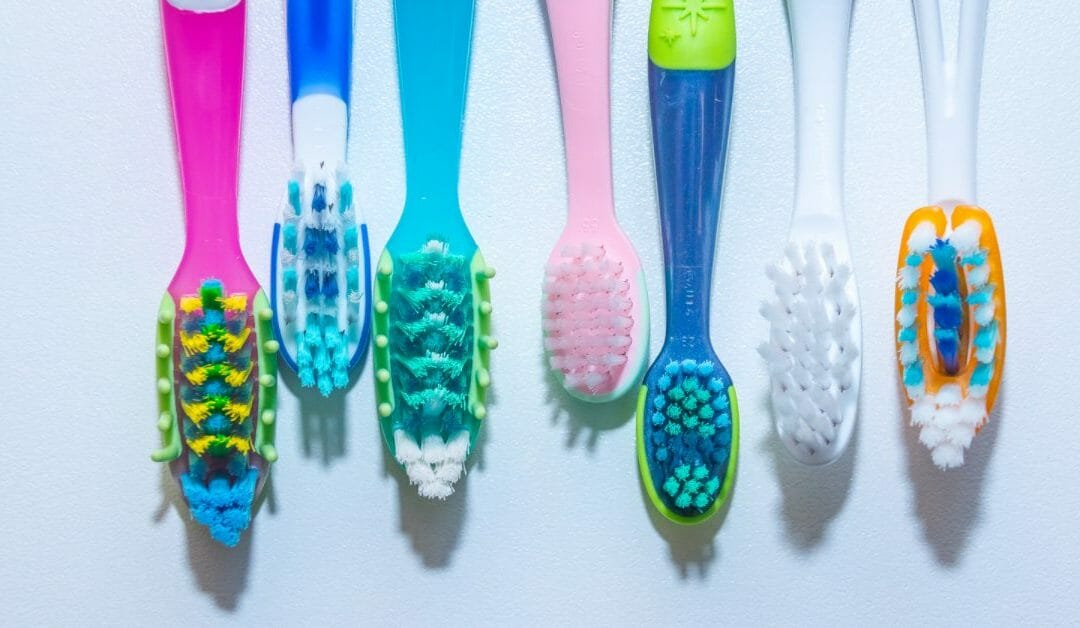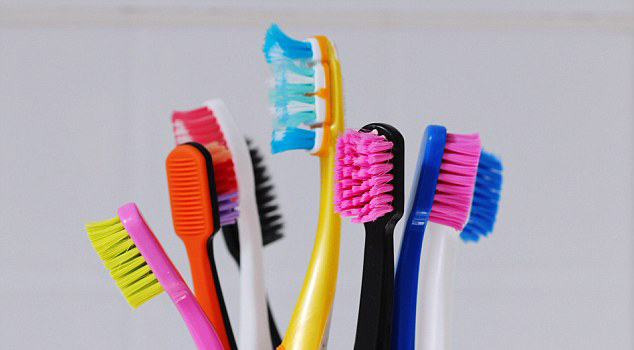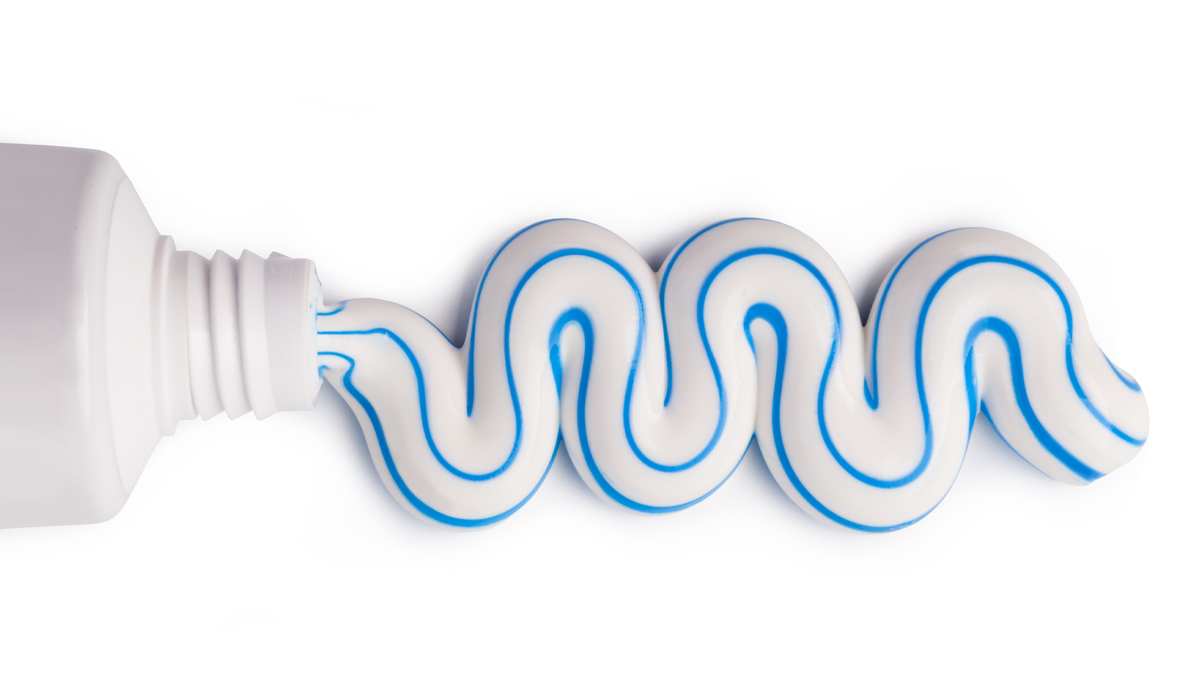How To Choose Toothbrush Bristle Material

Choosing the right toothbrush bristle material is crucial for maintaining optimal oral health. Various materials offer distinct benefits and potential drawbacks. This guide will explore the different types of bristle materials, their advantages, and tips for selecting the best option for your dental care needs.
Types of Toothbrush Bristle Materials
Nylon Bristles
Nylon is the most common material used for toothbrush bristles. Introduced in the 1930s, nylon bristles are durable, flexible, and affordable. They come in various degrees of hardness, including soft, medium, and complex.
Polyester Bristles
Polyester bristles are less common but are gaining popularity. They are more durable than nylon and resist wear better. Polyester bristles are also less likely to harbor bacteria, making them a hygienic choice.
Natural Bristles
Natural bristles, typically made from animal hair, are less common in modern toothbrushes. They offer a softer brushing experience but can harbor bacteria and are less durable than synthetic bristles.
Benefits of Different Bristle Materials
Durability and Longevity
Nylon and polyester bristles are renowned for their durability. With proper care, nylon bristles can last up to three months, while polyester bristles often last longer due to their superior wear resistance.
Gentleness on Gums
Soft nylon and natural bristles are gentle on the gums, making them ideal for individuals with sensitive teeth or gum issues. They effectively clean without causing irritation or damage.
Hygiene and Bacterial Resistance
Polyester bristles have an edge in hygiene. Their non-porous nature makes them less likely to harbor bacteria. Although slightly more porous, nylon bristles can also maintain hygiene with regular cleaning and proper drying.
Choosing the Right Bristle Material for You
Consider Your Dental Needs
Your dental needs should guide your choice of bristle material. If you have sensitive gums, opt for soft nylon or natural bristles. For a durable and hygienic option, consider polyester bristles.
Consult Your Dentist
Always consult your dentist for personalized advice. They can recommend the best bristle type based on your oral health condition and any specific needs you may have.
Trial and Error
Sometimes, finding the right toothbrush requires trying different options. Pay attention to how your teeth and gums feel after brushing. If you experience discomfort, switch to a softer or other bristle.
Caring for Your Toothbrush
Regular Replacement
Replace your toothbrush every three months or sooner if the bristles are frayed. Worn-out bristles are less effective at cleaning and can damage your gums.
Proper Storage
Store your toothbrush upright and allow it to air dry. Avoid keeping it in a closed container where moisture can promote bacterial growth.
Clean Thoroughly
Rinse your toothbrush thoroughly after each use. Occasionally soak it in an antibacterial mouthwash to ensure it remains clean.
Try Lidercare Now!
We Help You Launch New Products, And Continue To Grow. Try Us With 20% Off Your First Order!
Conclusion
Selecting the right toothbrush bristle material is critical to maintaining good oral hygiene. Whether you choose nylon, polyester, or natural bristles, understanding their benefits and proper care techniques will help you make an informed decision. Prioritize your dental health by choosing the bristle material that best suits your needs and consulting with your dentist regularly.
Investing in the right toothbrush can significantly enhance oral health, leading to a brighter, healthier smile.
Table of Contents
Awesome! Share to:
Latest Blog Posts
Check out the latest industry trends and take inspiration from our updated blogs, giving you a fresh insight to help boost your business.



